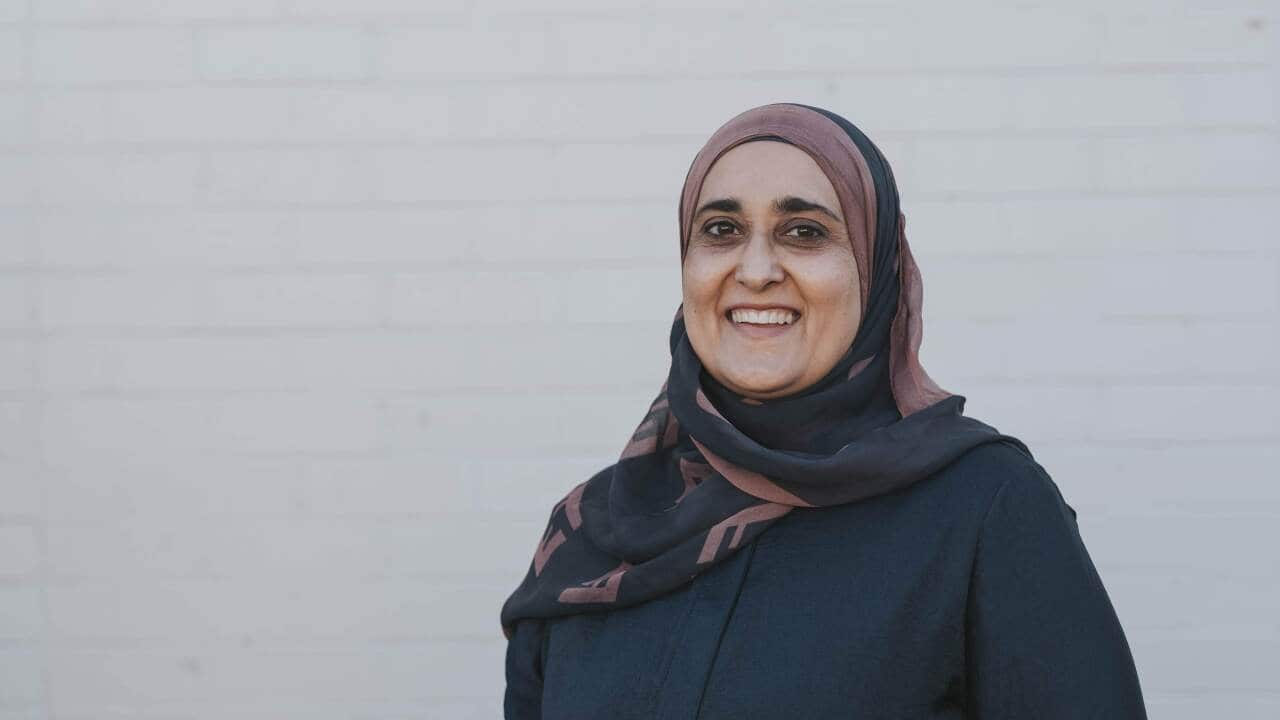A few days before Ramadan began, I spoke to my daughters and made a promise. “Ramadan is almost here! It’s a really special month where I’ll be fasting – I won’t be eating or drinking all day.” I paused. “I’ll try really hard not to be grumpy, okay?”
My eldest daughter looked at me sceptically. “Okay, Mama.”
She knows me. We’re both autistic and struggle to stay emotionally regulated when we’re hungry. But unlike my daughter, I am an adult, and I have some tricks up my sleeve. It all goes back to one magic word – boundaries.
Even before Ramadan started, the restaurant iftar invitations came trickling in. Anxiety pooled in my stomach at the thought of taking my girls out so close to sunset. In this pandemic, I very rarely take my daughters out to restaurants, and when I do, it’s always because of other family members who want to see us. It’s a well-intentioned invitation that comes from a place of love, but it almost always ends in a place of pain.
She knows me. We’re both autistic and struggle to stay emotionally regulated when we’re hungry.
No matter how much planning goes in – ensuring the girls have eaten something beforehand, encouraging them to use the toilet – kids will always be kids. Sensory overwhelm and restaurants go hand in hand. They will struggle to sit still, stay quiet, and eat like adults. Public bathrooms are a sensory nightmare with puddles of water and strong odours.
Because of this, I set a firm boundary of not breaking my fast outside my home. The very real possibility of yelling at my kids out of frustration right before I break my fast goes against the Prophetic value of having mercy on young children. Speaking of mercy, I’ve always been incredibly hard on myself. This is something I’m gently unlearning. I’ve set very basic, achievable goals this Ramadan. Basically – to survive.
This means it’s okay if my daughters watch extra cartoons. It’s okay to cook simple, one-pot nourishing meals. It’s okay to order pizza on bad days. It’s okay to let go and trust my husband to prepare dinner. It’s okay to leave unwashed dishes in the sink or leave it for my husband.
I’ve set very basic, achievable goals this Ramadan. Basically – to survive.
In my part of the world, mosques are still limiting the numbers of attendees in order to enforce social distancing. It’s also difficult for me to go out at night with small children who have early bedtimes. Thankfully, I am more than content to sink into the comfort of my prayer mat in the privacy of my bedroom while my daughters are asleep.
I have many fond memories from my pre-motherhood years of going out to pray in my favourite mosques after breaking my fast, but everything is different now. And that’s okay. Difference doesn’t mean a deficit, and my acts of worship are flexible enough to adjust with the season of life I happen to be in.
I want to model this kind of self-awareness and self-compassion for my daughters, especially my autistic daughter. There is a lot of pressure to ‘do Ramadan right’ – but the baseline is always neurotypical and able-bodied, and doesn’t take into account those of us who are disabled. Yes, being autistic is my neurotype - something I wouldn’t change for the world - and it’s also an invisible disability. It’s harder for me to cope with hunger and thirst, it’s harder for my me to transition from task to task, and my demand avoidance can make me too anxious to even do things I enjoy. I rest in the promise that the reward for me, and others like me, is greater.
There is a lot of pressure to ‘do Ramadan right’ – but the baseline is always neurotypical and able-bodied, and doesn’t take into account those of us who are disabled.
During this blessed month, I’m mindful of my social media consumption. Deleting Facebook and Twitter from my phone has been remarkably calming. I have kept Instagram though, because one of my favourite female scholars, Dr Tamara Grey, has daily IG lives which inspire me. The downside of Instagram is the gorgeous tableau of Ramadan-themed - everything. I gawk at the sheer number of Ramadan decorations, kids’ activities and elaborately planned meals. I take a deep breath and ask myself – do I left to make a Ramadan theme decorations for my home? No. Do I really have the energy to cook multi course meals? No.
So, I keep it simple. I asked my demand-avoidant daughter if she’d like to make her own Ramadan calendar to keep track of how many days I’ve fasted, and as a countdown to She jumped at the chance and immediately got to work. She suggested drawing a prayer mat on each day I completed fasting. My heart melted when, at bedtime, she asked me to wake her up for the pre-dawn meal (suhoor). I didn’t, because she needs to sleep, but she woke up early out of excitement anyway. I suggested some fun Ramadan crafts activities and she came up with more, all on her own.
My daughters watch me, imitate me, and I want to model values that can fortify their childhood and future selves. I want to keep talking to my daughters, especially my eldest, about privilege, and what actionable steps we can do to donate to others who are struggling, especially in this blessed month – not from a place of arrogance, but from a place of humility, service and compassion. Her deep sense of fairness would probably shape her into a social justice warrior some day. She is my very own Greta Thunberg.
I hope my daughters will look back to their childhood Ramadans as being a special month of reflection, stories, shared laughter, simple meals, interesting crafts - even if I get hangry every now and then.
*Real name has not been used





